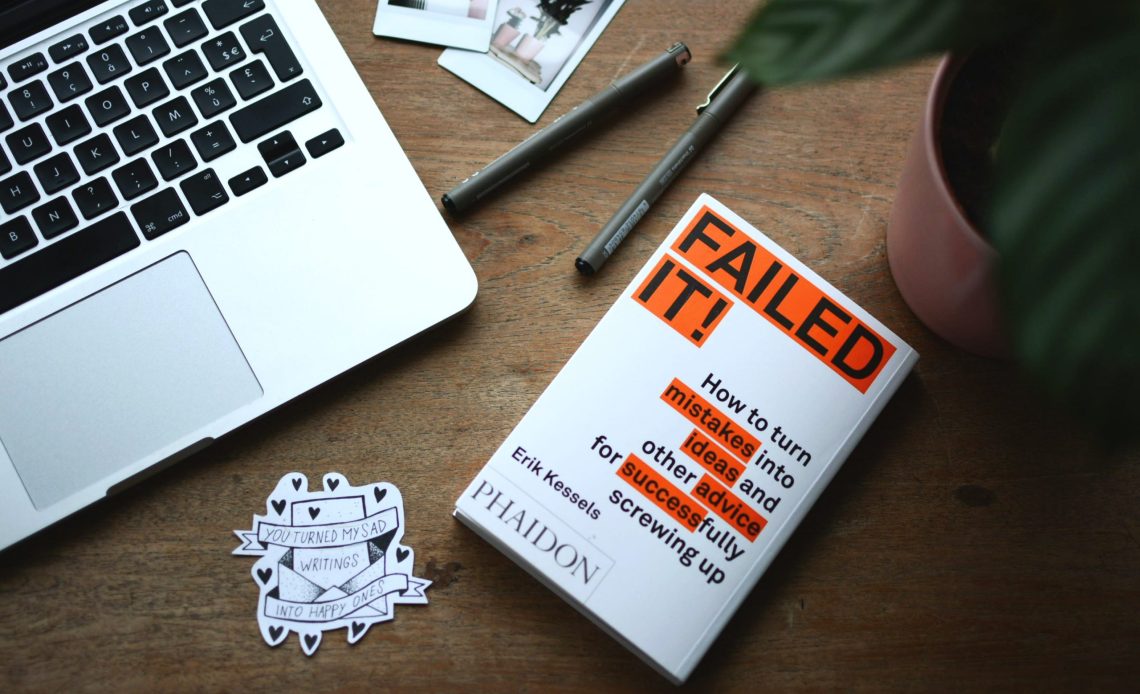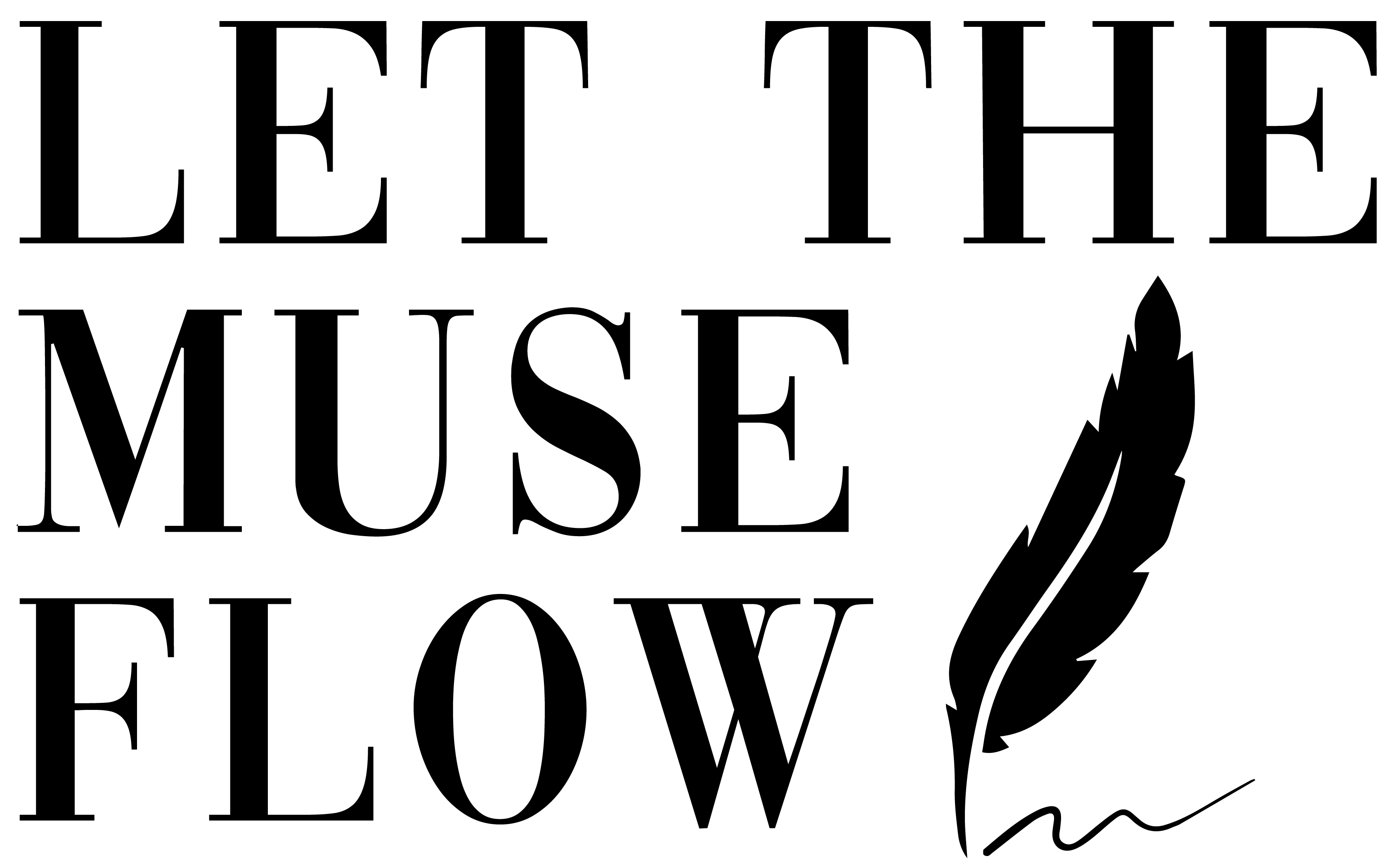
On hearing the PagerDuty CEO Jennifer Tejada talk about seeking people with failure experience to be your board members or advisors, you don’t need to be perpetually successful to know-it-all.
In fact, quite contrarily, you become a ‘learn-it-all’ when you embrace more risks – both individual and market – and strategic pivots to launch or relaunch your archive of ideas in your business ecosystem.
Starkly, your failure experience is all about introducing new ideas and applying them to your business to see what works as a great business qualifier of your success.
Failures open more possibilities of what can work on account of so many visible missteps that already occurred.
More so, talking about your failure narrative reopens conversations about your brand’s grit, resilience and new business opportunities.
As a startup of you or an emerging business, here’s why you need a failure mentor/ advisor.
- Been there, done that. The best mentors are often the ones most vulnerable yet well-shaped in their holistic business and life experience. Failure is always almost personal. And when you find someone’s encounter with tough love more frequent than others, you can persist longer in your business through this person’s teachings and learnings. You become aware of things that haven’t happened to you, but are implicitly conveyed through you in your brand’s message and purpose.
- Your accountability partner. As mentioned by Jennifer Tejada, people who have failed a lot provide empathy and valuable insight when you are in a crisis of your own. To which I add, they hold you to your innately deserved highest standards of work ethics and professionalism when you flounder or don’t seem to get a grasp of new business scenarios. You naturally operate with your A game in your work which cascades even into your life. More than a business mentor or advisor, we want to trust someone who trusts your values, patience and performance – a true confidante – which this failure advisor can be.
- Observations over judgements. Sometimes we all get into a critiquing mode of people without knowing where they come from. I read in my favourite James Clear newsletter ‘kindness has unlimited upside’ – when you are kind with people and understand their story in a personal way, you make more meaningful connections. This is where your failure advisors can help you stay grounded – with your observations instead of judgements – with all kinds of people and situations.
Question for you.
Do you have failure advisors on your personal board of directors?
What are your learning from their failure experiences and how are you navigating through it?

